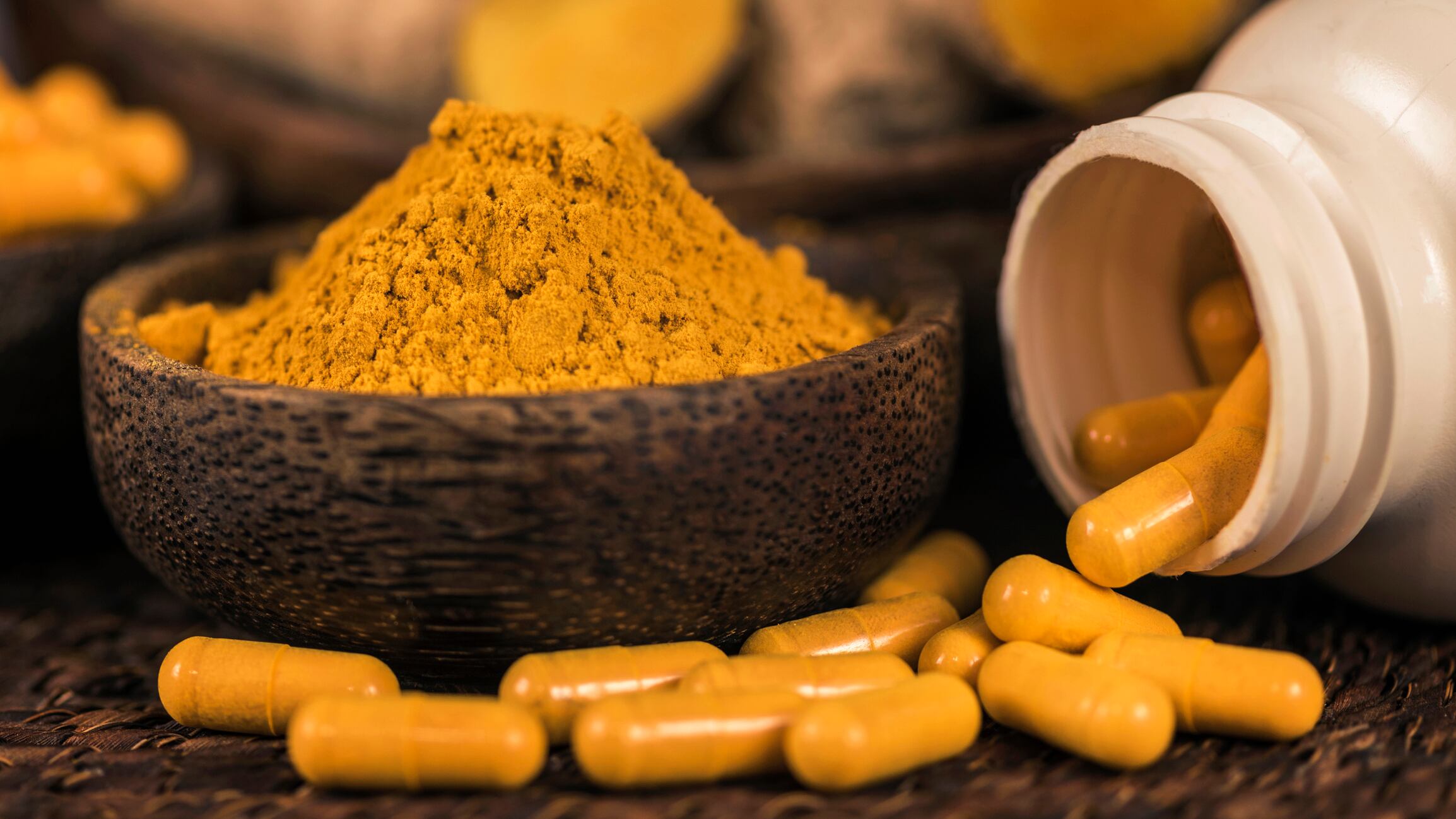The analysis responds to ongoing debate over curcumin’s impact on neurological function, following inconsistent results from previous randomized controlled trials (RCTs).
Drawing on updated data from nine RCTs involving 501 participants, the review found that curcumin supplementation significantly enhances global cognitive function, particularly in individuals age 60 and over.
The researchers from Qingdao University in China identified an optimal dose of 800 mg per day, sustained over a minimum duration of 24 weeks, to achieve measurable benefits.
Curcumin and cognition
Curcumin, the bioactive polyphenol found in turmeric, is widely recognized for its anti-inflammatory properties and has been studied for its potential to alleviate joint pain, especially in people with osteoarthritis.
However, its role in cognitive function has been less clear, with mixed evidence to date. The researchers on the current meta-analysis said their results contradict two earlier meta-analyses from 2019 and 2021, both of which found no significant cognitive benefits.
“Since 2021, several new RCTs have been published. Therefore, we conducted an updated meta-analysis to evaluate the effect of curcumin on global cognition and explore the dose–response relationship,” they wrote in the journal Frontiers in Nutrition.
“The sample size of the present study was about two times of previous meta-analyses, making the result more plausible.”
Study details
Data from nine randomized controlled trials published up to September 2024 indicated that while curcumin supplementation significantly improved global cognitive function, there was a non-linear dose-response relationship, meaning that higher doses did not always result in greater improvements.
“Studies in mice indicated that curcumin had a better improving effect on AD [Alzheimer’s disease] at a lower dose,” the researchers wrote. “That may be why the improving effect of curcumin on global cognition tends to become weaker when dose is more than 0.8 g/day.”
They also noted the importance of the bioavailability of curcumin formulations and how this may affect results.
“Subgroup analysis according to curcumin product having enhanced bioavailability or not observed consistent result,” the researchers wrote. “In addition, difference in bioavailability of curcumin product is also an important source of between-study heterogeneity.”
The study concluded that curcumin significantly improved global cognition only if the duration of supplementation was 24 weeks or longer, with the compound appearing more potent in older and Asian participants than younger and Western ones.
“We assume that genetic difference across ethnic groups is one possible reason,” the researchers added. “Different ethnic groups also have different or even opposite response to some other nutrients, such as n-3 polyunsaturated fatty acids in patients with type 2 diabetes. Different health status of participants is another potential source of heterogeneity.”
Source: Frontiers in Nutrition. doi: 10.3389/fnut.2025.1549509. “The effect of curcumin supplementation on cognitive function: an updated systematic review and meta-analysis.” Authors: W. Wenlong, et al.




